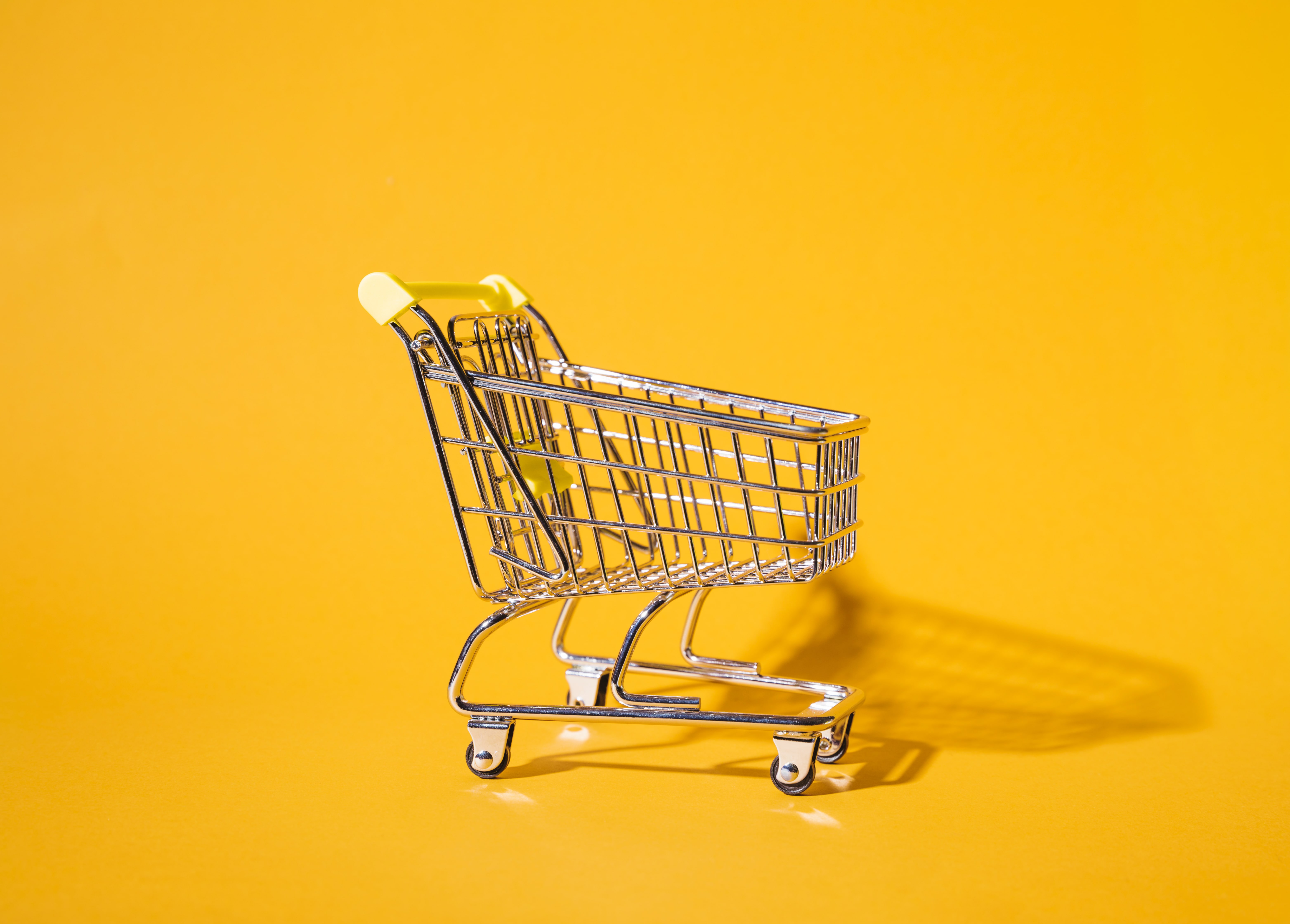How to Make the Most of Loyalty Programmes
Feb 21, 2018, by

User Retention
Loyalty Programmes
Payments
We look at why loyalty programmes are so important for modern businesses and how they can best be used.
As is well known, commerce is not what it once was. The growth of the gig/sharing economy has led to the current generation placing less importance on possessions in exchange for access to goods/experiences. Online shopping revolutionised retail and the growth of global mega-brands such as Amazon has created more difficulties for smaller businesses attempting to enter the market. The simple buying and selling of goods has become nuanced.
Because of this, firms need new ways to attract customers and keep them using their product or service. Loyalty programmes have existed across a multitude of industries for decades and not all have been successful. But with technological advancements, is it time to re-evaluate their benefits and how they can best be utilised?
Benefits of a loyalty programme
One of the main benefits of a loyalty programme is the potential it offers in customer retention. Whilst firms may be initially put off by the expenditure of a loyalty programme, Forbes states that it is seven times cheaper to retain a customer than it is acquire a new one. Not only is it cheaper to retain them, but loyal customers spend far more than newer customers. In fact, the Chartered Institute of Marketing claims that a 5% rise in customer retention can yield an unbelievable 85% increase in profits.
Furthermore, a loyalty programme prevents the need for a ‘race to the bottom’ in terms of pricing. Instead of constantly attempting to undercut competitor prices, some of which may be large firms which can benefit from economies of scale, companies can maintain reasonable prices through incentivising their customers with loyalty rewards. It is a way to differentiate yourself from other companies.
In a broader sense, it also improves the entire customer experience. Purchasing leisure items can be quite an emotional process. People often debate whether they really need things and feel guilty about making certain purchases - it’s one of the reasons why 71% of purchases are abandoned at the checkout stage. By offering a loyalty programme, customers feel more positive about making purchases as they are either getting something back or know that they stand to gain in the future.
However, loyalty programmes are not only about customer incentivisation, they actually benefit the companies themselves through access to data. Through participating in a loyalty scheme, a customer is essentially agreeing to present to you their purchase history. A customer handing a Starbucks employee a card showing they have bought ten coffees is not hugely insightful, but when purchases are made online/in-app, data can be far more holistic. The insight gained can be used to make more informed judgements on product and improve your company’s offering.
Effective loyalty programmes
Whilst loyalty programmes can include all the benefits described above and more still, they have to be done correctly to yield positive results for businesses. KPMG voice offers four tips for running a successful loyalty programme: centre around customer experience, use data efficiently, keep rewards fresh and design a business model first. With the addition of ‘timing’, these points are fair cornerstones of successful loyalty programmes.
Paybase would argue that centring around customer experience is good practice in general for businesses, but especially relevant for loyalty schemes. If obtaining loyalty points/rewards is burdensome, the customer will ultimately weigh the benefit of the reward against the frustration of the programme - it may even push them away from your product all together. As for data, requesting data that you don’t need is not only a waste of time and frustrating for the customer, but due to the changes to GDPR regulation coming in this year it will soon be illegal. Firms will need to prove that they need any particular identifying information on a customer, so should now be questioning what data is genuinely important to retain.
In the same vein as centring around customer experience, a loyalty programme won’t appeal to a person if the reward it offers is not relevant to them. A free sandwich after purchasing ten makes sense as a loyalty scheme as the reward is a direct replacement of what the customer is buying, but customers do enjoy surprises. The best loyalty programmes reward customers in ways they are not expecting, as well as in ways that they are. Fourthly, it is better to plan what you want to achieve first rather than setting a budget and using that as a starting point. This will, as KPMG point out, “allow more creativity in coming up with funding and loyalty benefits”.
Finally, the timing of the rewards is crucial. If a user receives loyalty points or rewards that can only be redeemed eight months after the point of obtaining them, their incentivisation value sharply decreases. The sooner the customer can see and use their rewards, the more valuable they are.
With these criteria in mind, Paybase has built a Platform that can not only cover the requirements of a successful loyalty programme, but go further still.
Loyalty with Paybase
Paybase offers the flexibility for businesses to create a loyalty programme which works for them. With the use of our Logic Engine, businesses can themselves decide when loyalty rewards are triggered, of what value, for how long and more.
Let’s take, for example, an online marketplace. Perhaps the marketplace wants to reward its customers, so that once they spend £100, they receive £5 off their next purchase. This is of course possible, but involves the marketplace (or a third party) analysing the transaction data after the purchase has taken place, then creating some sort of voucher code which it then sends to the customer. With Paybase, the marketplace would already have the transaction data of the user, so could set rules to automate all of this.
In fact, it could do this before the transaction has even been made. A customer logs in to their account with marketplace X; due to the data the marketplace has on the individual, it could show them how much more they need to spend to receive a reward (remember how many people abandon purchases at the checkout phase?).
What’s more, in no way does this need to be restricted to the customer. The marketplace may take, for example, a 10% cut of the sales its sellers makes. However, if the seller generates more than £500 a month, perhaps this drops to 6%. This ‘drop’ can be automated by the Logic Engine so no additional operational overhead is required. The marketplace could even set rules so that sellers do not pay any fees on their birthday.
All of this can be done instantly - the marketplace has total control meaning it could experiment with different fees for a set period of time to analyse the effect they have on business. In the same way that Uber charges increased fares during peak hours, platforms could design when to run certainly loyalty offers to level out the peaks and troughs of their trade. Using the online marketplace example again, perhaps seller fees are increased over the festive period to cover lulls during other parts of the year.
So, let’s revisit the tips for a successful loyalty programme. Paybase allows you to create a loyalty scheme that is entirely customer focussed, with the Logic Engine permitting programmes to be tailored to individual customers. In terms of data, partnering with Paybase gives you full transaction data and the ability to act upon it in realtime. The ability to offer personalised, temporary loyalty deals such as discounted fees on a customer’s birthday means that a business can make rewards as fresh and surprising as it wishes. The flexibility of Paybase means that firms can create their business model first and realise it through the Paybase Platform, instead of working around what is and isn’t feasible. Finally, with the Paybase Platform rewards can be paid out instantly, eliminating waiting periods that weaken loyalty programmes.
It is not new information that loyalty programmes can undoubtedly bring benefits to your business if they are utilised correctly. What is new, however, is the variation of possibilities that companies like Paybase are offering businesses when it comes to loyalty.
If you would like to know more about a loyalty programme Paybase can build for your business, please get in touch!


